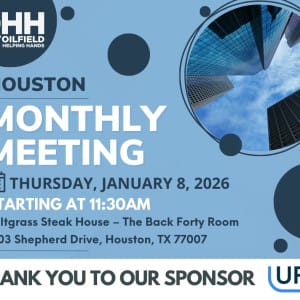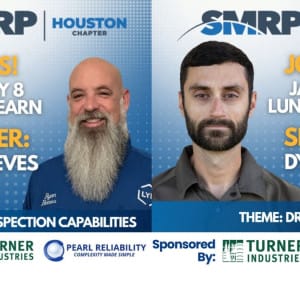
REX2025 Pipeline Research Council International Research Exchange March 4 – March 5 – Houston
We are the Future
On March 4th and 5th of 2025, visionary minds from across the globe will come together with the shared mission of security of our energy future. The PRCI Research Exchange (REX) is not just a conference; it’s a testament to the unwavering commitment of engineers and scientists worldwide who tirelessly work to strengthen the sustainability of the energy infrastructure.
This annual event celebrates the creative spirit that fuels our collective endeavors and unites our global community of technical practitioners. Together, we not only protect people and the environment but also shape a future where collaboration and innovation drive our energy future.
As the world stands at a crossroads with governments and communities increasingly scrutinizing fossil fuels, pipeline assets face unprecedented challenges. We must embrace this pivotal moment as an opportunity for reinvention and growth. With resilience and integrity as guideposts, we will steer the pipeline industry towards a sustainable future. Guided by the theme “We are the Future,” REX 2025 will shine a spotlight on the transformative power of collaboration in times of transition.
March 5, 2025
Distinguished Awards & Plenary
8:00 AM-9:30 AM
Full-scale Laboratory Test Evaluation of Through-tubing Casing Inspection Technologies
10:00 AM-10:30 AM
Panel: Unlocking the Power of AI for the Pipeline Industry
10:00 AM-11:30 AM
Quantifying the Performance of Non-welding Repair Systems for Circumferential Defects on Pipelines
10:00 AM-10:30 AM
Selective Seam Weld Corrosion Detection with In-Line Inspection Technologies
10:30 AM-11:00 AM
Using Real-time Drilling Data for Improved Risk Management in HDD
10:30 AM-11:00 AM
Improved Non-destructive Evaluation of Long Seam
11:00 AM-11:30 AM
Utilizing Tethered Robotics for Internal Pipeline and Riser Corrosion and Crack Assessment
11:00 AM-11:30 AM
Be Selective With SSWC Assessment
1:00 PM-1:30 PM
Influence of External Hydrogen on Crack Growth Project Update
1:00 PM-1:30 PM
Panel: Communicating the Role of Oil and Gas in an Evolving Energy Future
1:00 PM-2:30 PM
Probabilistic Corrosion Growth Model
1:30 PM-2:00 PM
Toward Standardization of Computational Multiphysics Approaches for CO2 Pipeline Fracture Control
1:30 PM-2:00 PM
A Review of MAT-7-2A Results – ILI Technology Performance at Characeterizing Hard Spot Anomalies
2:00 PM-2:30 PM
Pragmatic Application of MegaRule RIN 1 – 192.712 Toughness Values – Level 2&3 Evaluations
2:00 PM-2:30 PM
A different view of how hard spots are formed and its effect on characterizing ILI signal data
3:00 PM-3:30 PM
Extending the Probabilistic Version of the PRCI MAT-8 Model to Assess Seam Weld Anomalies for a Natural Gas-Hydrogen Blended Pipeline System
3:00 PM-3:30 PM
Learning from Aerospace Industry
3:00 PM-4:00 PM
Considerations for design of hydrogen custody transfer metering stations
3:30 PM-4:00 PM
Results, trends, and learning from a comprehensive system wide material verification program
3:30 PM-4:00 PM
Determination of Potential Impact Radius for CO2 Pipelines using Machine Learning Approach
4:00 PM-4:30 PM
Soil-pipe Interaction Springs to Assess the Response of Buried Pipelines in Muskeg
4:00 PM-4:30 PM
Internal risk in anthropogenic CO2 pipelines: Bridging testing and engineering






Recent Comments